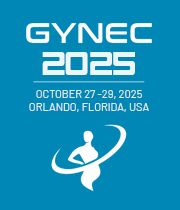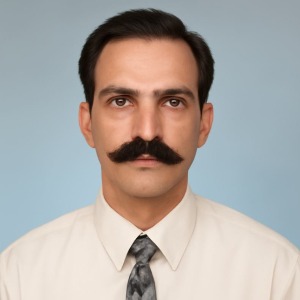Title : The potential therapeutic effects of pakistani women’s breast milk in treating diseases in adult men
Abstract:
This study investigates the potential healing uses of breast milk from Pakistani women in treating energy issues in adult brothers, particularly focusing on improving immune function, lowering redness, and advancing skin fitness. Traditionally costly for its function in baby food, breast milk holds bioactive compounds such as lactoferrin, immunoglobulins, and growth determinants, which offer the possibility offer meaningful benefits for adult energy.
Lactoferrin, a prominent protein in breast milk, is essential for managing the innate response and reducing inflammation. It has proven potential in the administration of autoimmune disorders like rheumatoid arthritis, in addition to never-ending contaminations. The immunoglobulins in breast milk play a key role in helping the immune system, that concede possibility benefit to men accompanying extended immune challenges.
Moreover, milk holds important tumor determinants like epidermal growth factor (EGF) and vascular endothelial tumor determinant (VEGF), which are essential for the repair and conversion of tissues. These compounds suggest the possibility of helping to heal the curative of never-ending wounds and damage to tissues. Antioxidants, including vitamins A, C, and E, present in breast milk further help combat oxidative stress, a bigger determinant in maturing and the development of chronic ailments. These antioxidants concede possibility cause enhanced skin energy, help slow cognitive decline, and reduce the risk of cardiovascular ailments.
There is more evidence suggesting that lactoferrin concede possibility imitate in cancer progression by restricting Cancer progression. Furthermore, the anti-inflammatory properties of breast milk show promise in directing environments to a degree against arthritis and rash. The bioactive components in feelings milk further plan potential benefits in enhancing skin elasticity and delaying the signs of aging.
While preliminary judgments are hopeful, the healing use of conscience milk for men requires further investigation through supplementary dispassionate tests to validate its safety and efficiency. Ethical concerns, specifically in nations like Pakistan, must also be deliberate in the broader ratification of this situation.
In conclusion, even though bosom milk from Pakistani women shows great promise in acting invulnerable dysfunction, skin environments, and fading-related disorders in adult fathers, more research is needed to prove these benefits. Overcoming enlightening, moral, and supervisory challenges will be essential for integrating this situation into settled healthcare practices.



